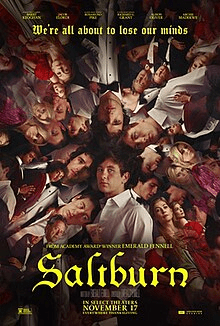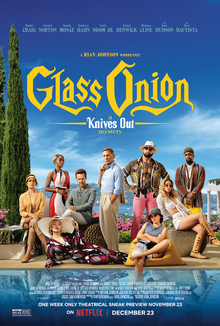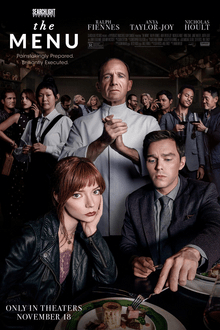
A journey across a dystopian future America, following a team of military-embedded journalists as they race against time to reach DC before rebel factions descend upon the White House.
Alex Garland is often not one to shy away from dark images as they unfold, but there’s something particular about the violence in Civil War, as if you’re peeking at something you’re not supposed to, only it’s happening in your own yard. Garland seems to have something to say with the “action” here that’s proven itself in reality too much not to struck a chord when it’s depicted way — Americans being just a few disagreements (and arms) away from completely tearing each other apart. What began this second civil war in America is none of our concern, rather the ease at which we’ve turned on the very fabric of democracy. Bloodthirsty militias and anarchists seem too familiar a sight, though we’re following this dystopian war through a group of journalists. Kirsten Dunst gives a powerful performance, as she reveals the most about her character in the quietest of moments. Wagner Moura also gives the film a lot with his charismatic, knowledgeable, and authoritative presence among the protagonists. Cailee Spaeny is notably wonderful as the ambitious younger photographer on the journey who’s horrified responses to what unfolds in front of her are probably how we’d react to, let’s face it. Stephen McKinley Henderson is a fantastic presence as well who adds a lot with his wisdom and charm to each of Garland’s projects that he’s in.
Though Civil War is minimal on exposition as to the larger politics of this war — rather we get an idea of the state of the nation through smaller moments and remarks — the action is incredibly harrowing and graphic. The sounds of gunfire and combat roar through the speakers, and blood is a “loud” reality and consequence. It all plays out without the “cool” sort of filter many Hollywood action movies have, rather it’s an unfolding of sheer chaos and carnage through intentionally amassed manpower, in the way that Children of Men and Sicario throw you into uncontained, senseless warfare. Best of all, the climactic battle at the center of the third act is exhilarating and ends in the most Alex Garland rug-pulling way possible for a film with this subject matter. Fans of Garland’s daring and mature work be interested in the punch he packs here, but for anyone who’s simply looking for an action film — this one’s singular and profound but does not hold back, and when it’s untamed, it’s at its most engrossing.
















